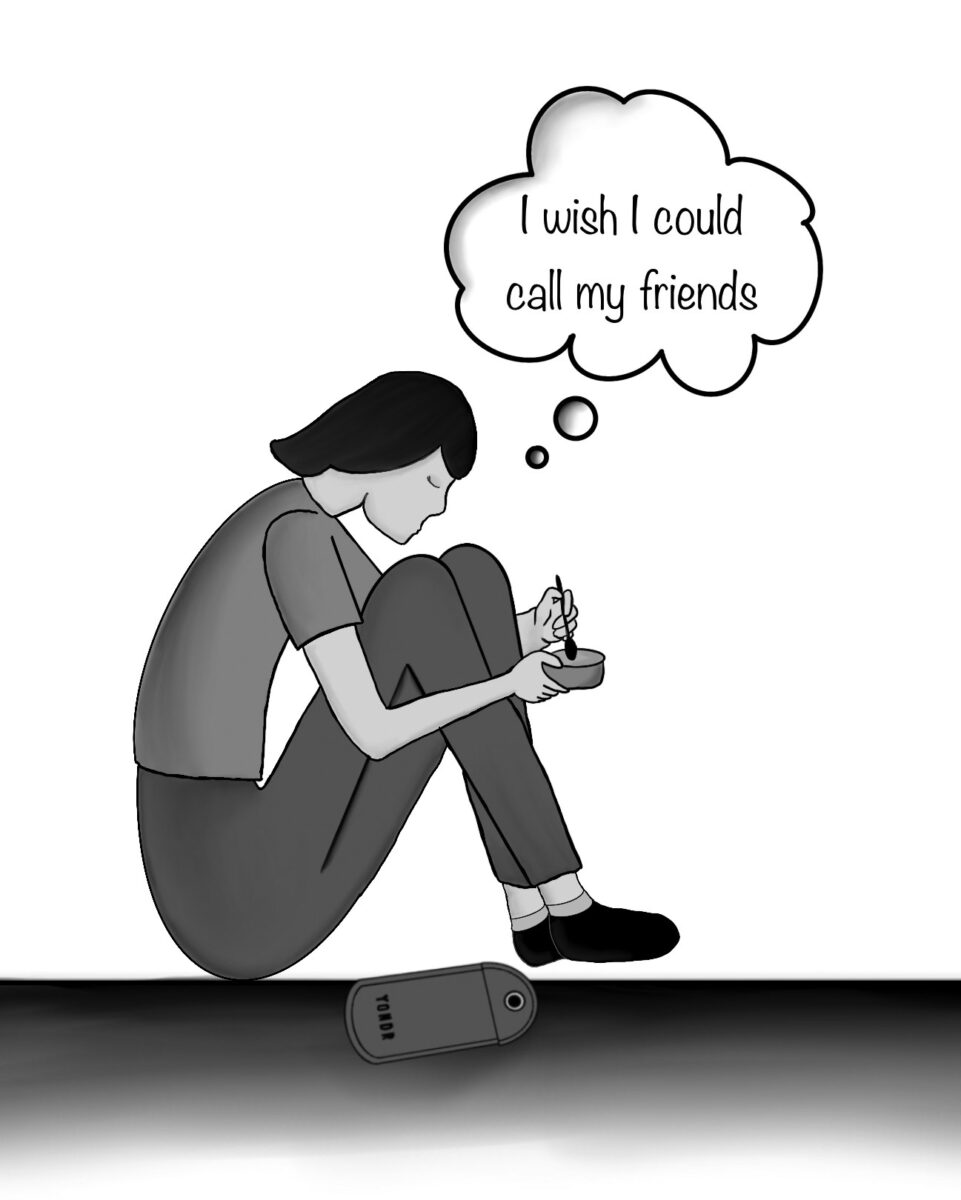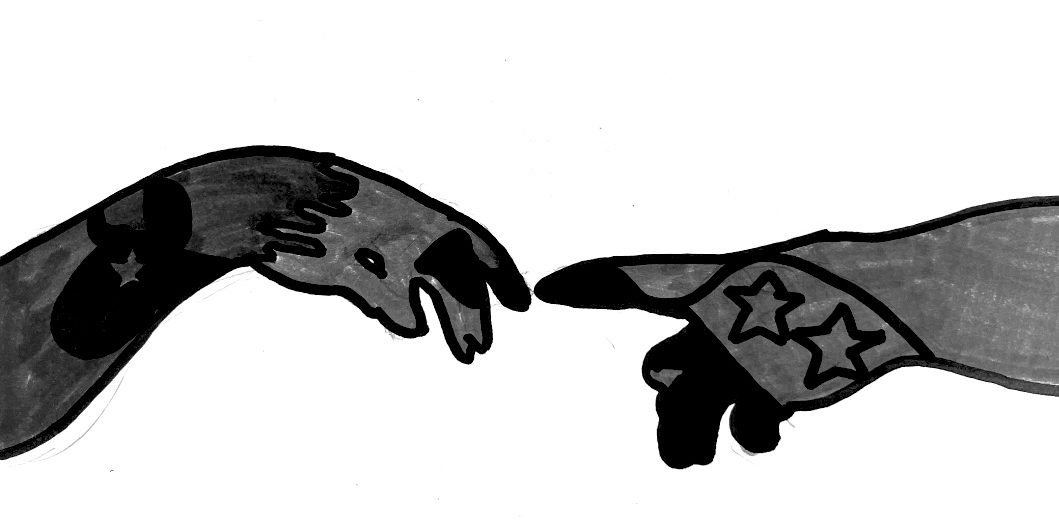
“Sarah” is planning to go over to her friend’s house tonight to drink. But both her and her friend’s parents have access to a pledge with their respective contact information, and so Sarah’s parents know there won’t be supervision and aren’t allowing her to go anymore.
This pledge appears to be a success, right?
Wrong. Since Sarah’s desire to drink hasn’t diminished at all, she’ll just go to another house, with another friend, on another night.
For two years, the “Be the Influence” pledge has been circulating among parents to encourage communication between them to limit illicit behavior. If a teen is going over to a friend’s house, the parent can verify where their teen is and that there is adult supervision present.
Although the pledge was officially started three years ago by a parent within the community, it only recently has been gaining popularity and what the Bark considers to be an unwarranted amount of support.
Yes, we know: teenagers do drink, misbehave, and break the rules. But creating a pledge and expecting this pattern to change is like slapping a Band-Aid on a wound and expecting it to heal immediately. It’s a superficial fix. If anything, it just conceals the wound, leaving the source of the injury to remain unaddressed.
While the pledge has honorable intentions, it only aims to reduce underage drinking within the homes of its participants, and does nothing to eliminate it altogether. Just because it’s not going on in one of our basements doesn’t mean it doesn’t exist elsewhere.
“Friday Night Live,” a new student-run club at Redwood that was inspired by the statewide program of the same name, is more of a step in the right direction. It plans to organize fun and safe activities on weekend nights as alternatives to drug and alcohol-related activities.
The club doesn’t mandate radical change. It doesn’t say to never drink again, nor claim to offer the fix-all solution to teen drinking. Instead, it proposes that there’s more to do than party, refuting the common argument that in Marin, there’s not.
Additionally, it encourages youth to create their own opportunities to seek a healthier lifestyle, whereas the pledge is entirely parent-sponsored.
Rather than encourage more open and honest communication between parents and their children, the pledge forms an alliance against teens, and breeds distrust among parents. Those who decline to provide their information are deemed “bad parents,” and are assumed to allow their own children to do whatever they want, alcohol-related or otherwise.
We believe that when it comes to drug and alcohol-related issues, the “good parents” are those who are transparent with their adolescents, and expect the same in return–those who allow their teens to fully see the consequences of their decisions, but respect these decisions nonetheless.
So we ask you, all parents who are considering signing the pledge, to reconsider. An open relationship with your child is one built on trust, not on some distorted illusion of trust and a directory of home addresses.
And we ask you, the students who have no doubt encountered these issues at least once, to not be afraid of forming this kind of honest relationship with your parents. After all, it seems a whole lot easier than explaining to your college roommate why exactly your mom needs their parent’s cell phone number.











